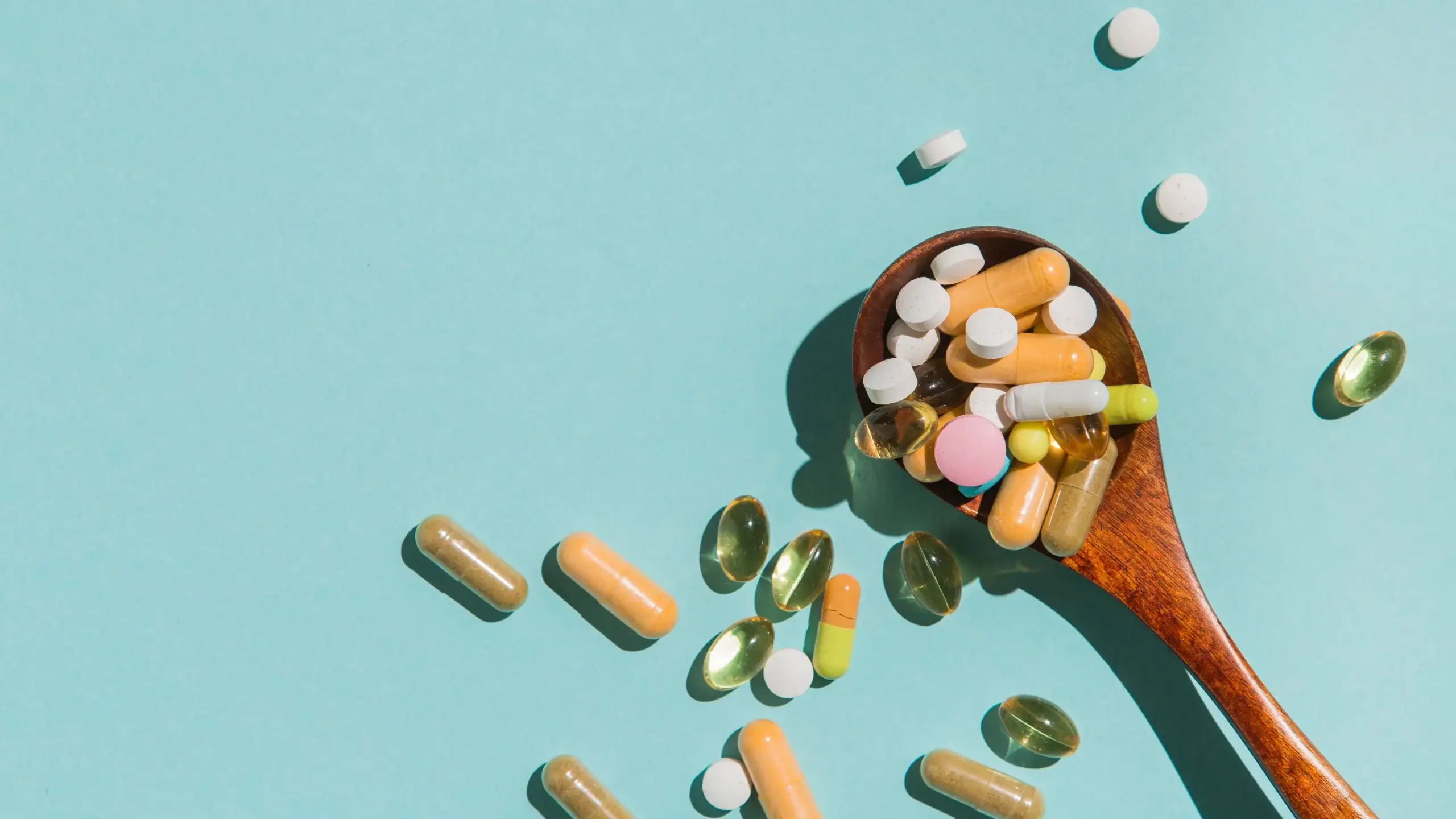Zinc: The Key to Strengthening Your Body and Immunity
Zinc is a fundamental mineral for the healthy functioning of the human body, playing crucial roles in a variety of biochemical processes. Recognized by the World Health Organization (WHO) and the Ministry of Health as essential for global health, zinc not only strengthens the immune system but is also vital for cell growth, metabolism, and tissue repair. It is estimated that around 2 billion people worldwide have zinc deficiency, with significant implications for public health, especially in areas where nutrition is inadequate. Understanding the dietary sources and importance of this mineral can help prevent deficiencies and promote a healthier lifestyle.
Importance of Zinc for the Body
Zinc is a cofactor essential for more than 300 enzymes in the human body, which play critical roles in protein synthesis, cellular metabolism, and immune system regulation. Additionally, it is involved in cell division, growth, and tissue repair. Studies indicate that zinc deficiency can result in a range of health issues, including compromised immune function, stunted growth in children, slow wound healing, and increased susceptibility to infections.
Benefits of Zinc for Health
In addition to its crucial role in the immune system, zinc plays an important role in skin, hair, and nail health. As an antioxidant, it helps protect cells from damage caused by free radicals, thus slowing down cellular aging. Studies also suggest that zinc may help regulate hormones, benefiting reproductive and hormonal health in both men and women.
Dietary Sources of Zinc
Meat: Red meats such as beef and pork are excellent sources of highly absorbable zinc for the body.
Poultry: Chicken and turkey are good sources of zinc, providing a lean and healthy option to increase intake of this mineral.
Fish and Seafood: Foods like oysters, shrimp, and salmon are rich in zinc, in addition to offering omega-3 fatty acids beneficial for cardiovascular health.
Dairy: Milk, cheese, and yogurt are zinc sources easily incorporated into the daily diet, especially for those who consume dairy products regularly.
Nuts and Seeds: Pumpkin seeds, cashews, almonds, and walnuts are good options for vegetarians and vegans to obtain zinc, along with healthy fats and fiber.
Legumes: Lentils, beans, and chickpeas are rich in zinc, serving as important alternatives for vegetarian and vegan diets.
Fortified Cereals: Some breakfast cereals are fortified with zinc and can be a convenient choice to increase intake of this mineral, especially among children and adolescents.
Tofu: This soy-based protein source also contains zinc, being a popular option in vegetarian and vegan diets.
Recommendations and Final Considerations
To ensure adequate zinc intake, it is recommended to include a variety of these foods in the daily diet. The recommended daily allowance of zinc for adults is approximately 11 mg for men and 8 mg for women, with varying needs during pregnancy, breastfeeding, and different stages of life. Consulting a nutritionist can help customize zinc intake according to individual needs, preventing both deficiency and excess of this mineral.
Sources Consulted
- World Health Organization (WHO)
- Ministry of Health
- National Institutes of Health (NIH)
- Centers for Disease Control and Prevention (CDC)














